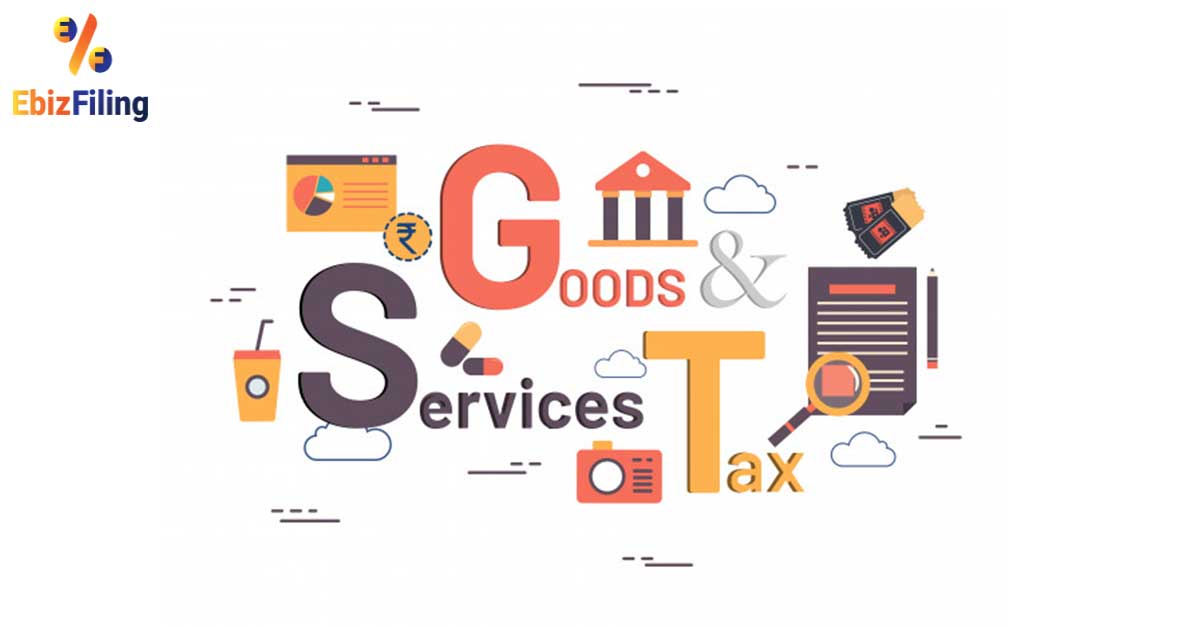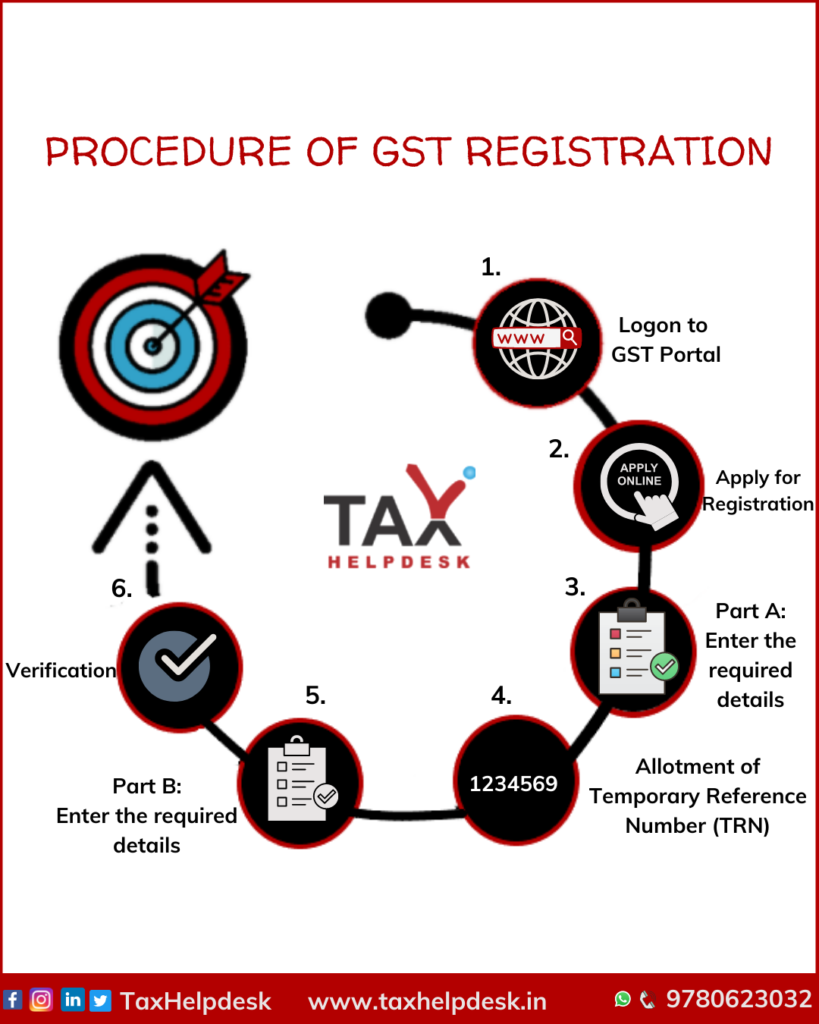Essential Overview to Singapore GST Registration for New Services
Essential Overview to Singapore GST Registration for New Services
Blog Article
The Ultimate Guide to Streamlining the GST Enrollment Process and Demands for Local Business Owners

Understanding GST Essentials
To realize the principles of the Product and Services Tax (GST) system, small service owners have to first understand its underlying effects and principles. Under the GST regimen, services are required to accumulate and register tax obligation on behalf of the federal government, guaranteeing openness and compliance.
Among the vital principles of GST is input tax obligation credit history, which permits services to declare credit history for tax obligations paid on their purchases. This device prevents the cascading result of taxes and promotes performance in the tax system. Furthermore, GST is a destination-based tax obligation, meaning that the tax is imposed at the factor of consumption instead of the factor of beginning. This ensures reasonable circulation of tax obligation income among states based upon where the items or services are consumed. Comprehending these standard concepts is crucial for small company proprietors to browse the complexities of the GST system and guarantee compliance with the legislation.
Qualification Standards for Enrollment
Having actually developed a fundamental understanding of GST principles, small company owners should now satisfy particular eligibility criteria to proceed with the registration procedure. In India, entities involved in the supply of items or solutions with an annual aggregate turn over going beyond Rs. 40 lakhs (Rs. 10 lakhs for unique classification states) are needed to register for GST. Additionally, certain organizations such as those associated with inter-state supply of items, informal taxed persons, and those required to pay tax under the reverse cost mechanism must sign up for GST regardless of their turnover. Organizations that were signed up under the previous tax regimen (BARREL, service tax obligation, etc) are also mandated to sign up under GST. However, agricultural services that only provide generate out of primary manufacturing are exempt from GST registration. It is vital for service owners to very carefully evaluate their qualification based on these standards to guarantee conformity with the law and stay clear of any charges for non-compliance.
Documents Required for GST Enrollment

Simplified Registration Refine Steps
Following the collection and confirmation of the requisite papers, the registration procedure for GST can be navigated via a collection of simplified actions developed to facilitate reliable compliance for small company owners. The very first step entails going to the GST site and choosing the 'New Enrollment' choice. Subsequently, the candidate has to fill out Part A of the GST REG-01 kind with details such as frying pan, mobile number, and e-mail address to acquire their website an OTP for confirmation. When the OTP is obtained and entered, a Short-lived Recommendation Number (TRN) is created for further process. The next step calls for submitting Component B of the kind with required organization details, publishing sustaining files, and finishing the confirmation process utilizing DSC or EVC. Upon successful confirmation, an Application Reference Number (ARN) is issued, showing the conclusion of the GST registration process. By complying with these streamlined actions, local business proprietors can properly register for GST and guarantee compliance with tax obligation guidelines.
Tips for Ensuring Conformity
To preserve regulative adherence and functional stability, thorough oversight and aggressive actions are pivotal in ensuring compliance with GST requirements for small company proprietors. Tiny business proprietors should stay updated with GST policies, submitting due dates, and any kind of adjustments in tax obligation prices to prevent charges and preserve a good standing with tax authorities. Attending GST recognition workshops or training programs can boost understanding and conformity with GST guidelines, eventually benefiting the business in the lengthy run.
Final Thought
Finally, small company proprietors have to comprehend the basics of GST, meet the qualification requirements, gather essential records, and adhere to the simplified registration procedure actions to make sure compliance. By streamlining the GST registration process and needs, little business proprietors can prevent penalties and run their companies smoothly within the lawful framework - Singapore GST Registration. It is essential for small company owners to remain educated and compliant with GST laws to preserve a successful service operation
Tiny company proprietors seeking GST enrollment should guarantee they collect and send the needed files to finish the registration procedure efficiently. The records required for GST enrollment usually consist of proof of service registration or consolidation, PAN (Irreversible Account Number) card of the company entity, identification visit our website and address proof of the promoters/partners/directors, pictures, address proof of the location of business, bank account declarations or terminated cheques, and authorization types. Participating in GST awareness workshops or training programs can improve understanding and compliance with GST policies, inevitably profiting the company in the lengthy run.
By streamlining the GST registration process and demands, tiny business owners can prevent fines and run their companies smoothly within the legal framework. It is vital for tiny organization owners to stay informed and compliant with GST guidelines to keep an effective organization procedure.
Report this page